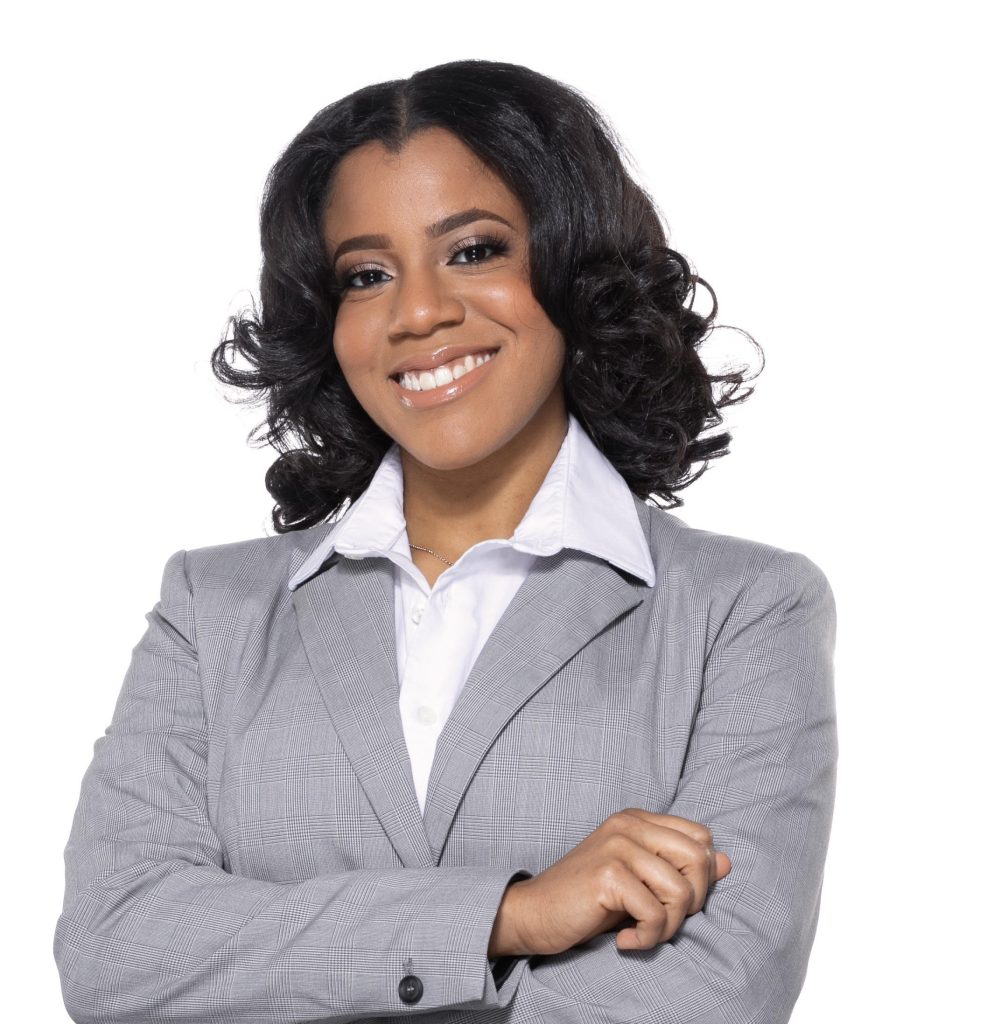Spelman Alum Chandler Nutall: HBCUs from a Student’s Perspective
by Sebastian Castro
Chandler Nutall was one of four valedictorians in the Spelman College Class of 2023. She graduated summa cum laude and is currently a member of the Coro Fellows program in New York City. She was president of the Spelman Student Government Association and member of the Phi Beta Kappa Chapter of the Delta Sigma Theta Sorority.
“I was attracted to Spelman in high school due to its community. I attended SpelBound, which is an admitted students’ weekend event. I was so pleasantly overwhelmed by all of the sisterhood and community that extended from the students all the way to the faculty, staff, and administrators,” Nutall said.
According to Nutall, Spelman’s dedication to community from both the institution and its students transcends generations.
“Spelman has so many traditions; we have people who graduated 50-60 years ago and they will come back and be so excited to be meeting current students. It’s such an intergenerational community,” Nutall said.
In her experience in the Coro Fellows program, Nutall states that she’s encountered several Spelman alumni. Their sisterhood has provided her many connections she would have otherwise missed out on, highlighting Spelman’s value when it comes to professional advancement.
However, Nutall’s appreciation for Spelman goes far beyond just the professional world.
“I think that having a place where people believe in you, where they invest in you, where they understand and appreciate the culture you come from, where you can authentically be yourself is a very important grounding experience, particularly in those young years as you’re developing your sense of self,” Nutall said.
While HBCUs are typically thought of as exclusive for African American students, Nutall thinks there’s something for everyone at a school like Spelman.
“HBCUs were uniquely created for young Black people, so there is a unique opportunity, but it’s a unique opportunity that others beyond Black students can appreciate,” Nutall said. “I think HBCUs have always been open and inclusive. You know, there are many people that believe that HBCUs are only for Black students, but that’s not necessarily the case.”
Nutall argues that the worth of an HBCU is not only in its community, or its professional resources, but in the education itself. According to Nutall, HBCUs offer an opportunity for an education like no other.
“HBCUs provide such a unique experience in the sense that your education is complemented with very critical and honest conversations of how systems work in this country in the world. So you receive not just an amazing education, but you are also being encouraged to think very critically about where you stand in relation to the world and think critically about how the world works,” Nutall said.
Even if a student decides not to attend an HBCU, Nutall still sees the value in at least knowing and appreciating the history and culture of their existence.
“HBCUs are history. They are in and of themselves pieces of American history. When you have a country that has a history of withholding education access from an entire population of people, and then you have these institutions that are being created to support and uplift and empower that same population of people, that is American history,” Nutall said. “It is really important that people are aware of HBCUs for their power, their impact, and what they represent as a symbol of hope, a symbol of optimism about what the future holds for people who have been historically marginalized and not included and neglected and forgotten. HBCUs are a symbol of what it means for an entire population of people to receive something that is so critical, so special, which is education.”

